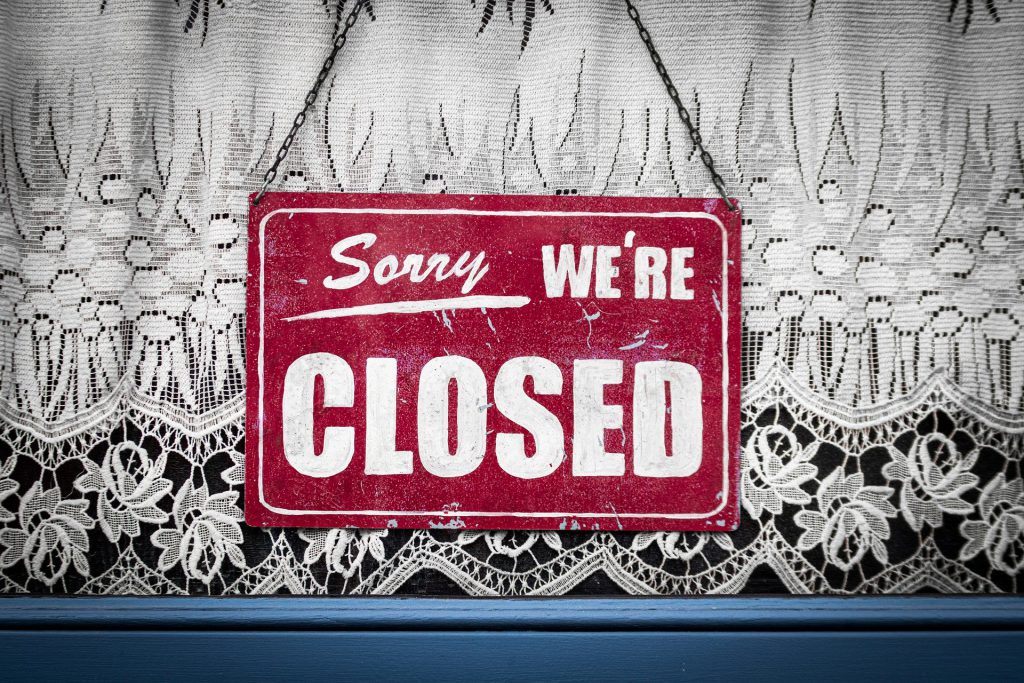A better economic environment along Main Street would keep more workers employed
Labor Days are not only a good time to reflect on the past but also an opportunity to stop and assess current policies helping or hindering the one goal workers, employers, and communities all share: a prosperous economy
These have not been easy times to be a small business owner, and without them, half the nation’s workforce would be unemployed. The COVID crisis has left indelible problems and spawned or exacerbated other ones such as supply-chain disruptions, inflation, and a worker-shortage difficulties that seems unlikely to be reversed soon. When NFIB last asked its members what adjustments they were making to compensate for the labor shortage, 91% said they were putting in more hours.
If all of that weren’t enough, governments federal and state show no throttling back on the speed of their regulatory mills. Arguably the most burdensome requirement Congress has ever asked of American small business owners is the reporting mandates of the Corporate Transparency Act.
“More than 32 million small businesses are facing potential ruin — not just of their livelihood but also of their personal freedom,” writes Jeff Brabant, NFIB’s vice president of federal governmental relations, in asking Congress to repeal the Corporate Transparency Act. “By the end of this year, small business owners and their senior employees must register their personal information with the Financial Crimes Enforcement Network. If they don’t, they’ll face the loss of their business, criminal penalties and even jail time.”
Along with not repealing the Corporate Transparency Act, here’s another thing Congress might not do: make the 20% small business tax deduction permanent. The 2017 Tax Cuts and Jobs Act law that created it also provided big corporations with some incentives to encourage hiring. Guess whose tax reductions were made permanent and whose expire in 2015?
“If lawmakers allow that to happen,” warns NFIB President Brad Close, “Main Street will face an unprecedented tax hike. At least half of the nation’s small businesses are uncertain about their future. They’re holding back when they want to be ramping up. With disaster already beginning to unfold, Congress should act immediately. If the small-business deduction were made permanent, 90% of local businesses would find it easier to invest in their workers and communities. All Congress needs to do is pass the bipartisan Main Street Tax Certainty Act. The small-business economic response would be immediate.”
When Congress isn’t loading more burdens onto the backs of small business owners, states are only too happy and quick to step in. This year’s winner in making small business owners beasts of burden is California, which ordered them to come up with so-called Workplace Violence Prevention Plans viewable to anyone who asks to see them. And should different parts of a business have different threats to workplace safety, a separate plan is required for each of them.
Except for Idaho, many states make a mess of minimum-wage rates, which every small business owner knows to be a starting wage earned mainly by teens or young adults still living at home, but which state policymakers seem to think is some ticket out of poverty or a wage to raise a family on—all evidence to the contrary.
A while back, Oregon came up with three minimum-wage rates based on where people lived and California is racing to pioneer occupation-based, minimum-wage rates. It’s already come up with a $20-an-hour rate for fast-food workers, $25 for health-care workers, and, because California allows local governments to set their own minimum-wage rates, hotel workers in West Hollywood are earning well-above $19 an hour.
Good rates as long as there are businesses that can afford to pay them. Not so good rates for the young and least-skilled looking for their first employment opportunities.
Idaho wisely avoided the minimum-wage mess other states find themselves in by tying the rate to the federal government’s and prohibiting local governments from setting their own rates. More about our success can be read in this story, What Idaho Got Right About the Minimum Wage.
Still, small business owners endure. They must for the sake of all of us. There is no economy without a healthy small business economy anywhere in the world.

